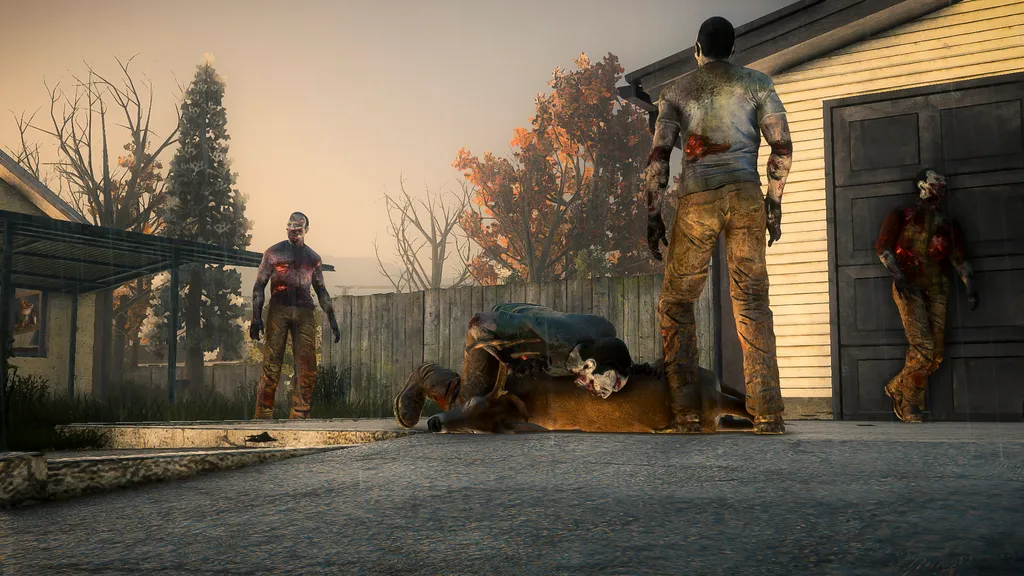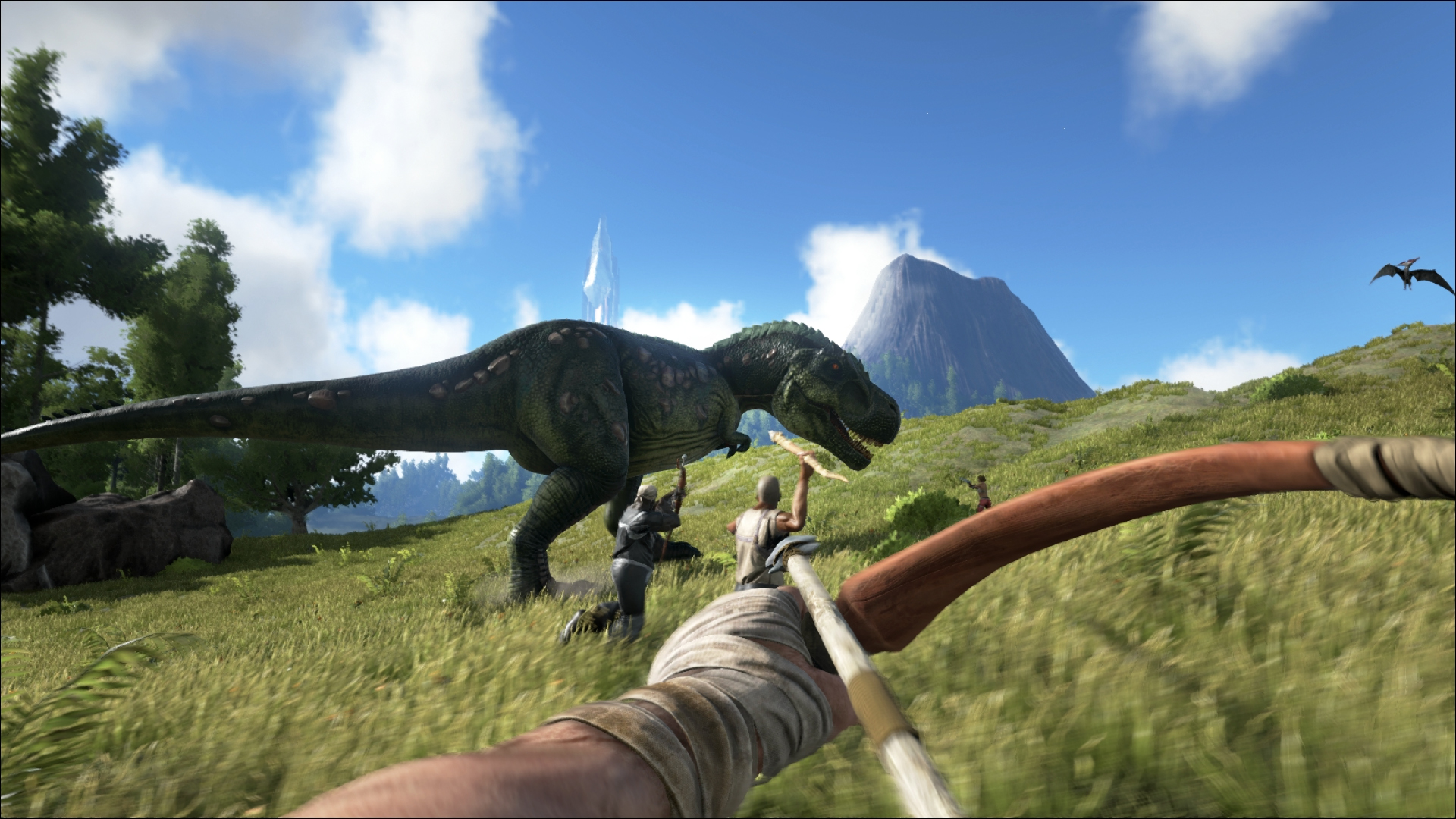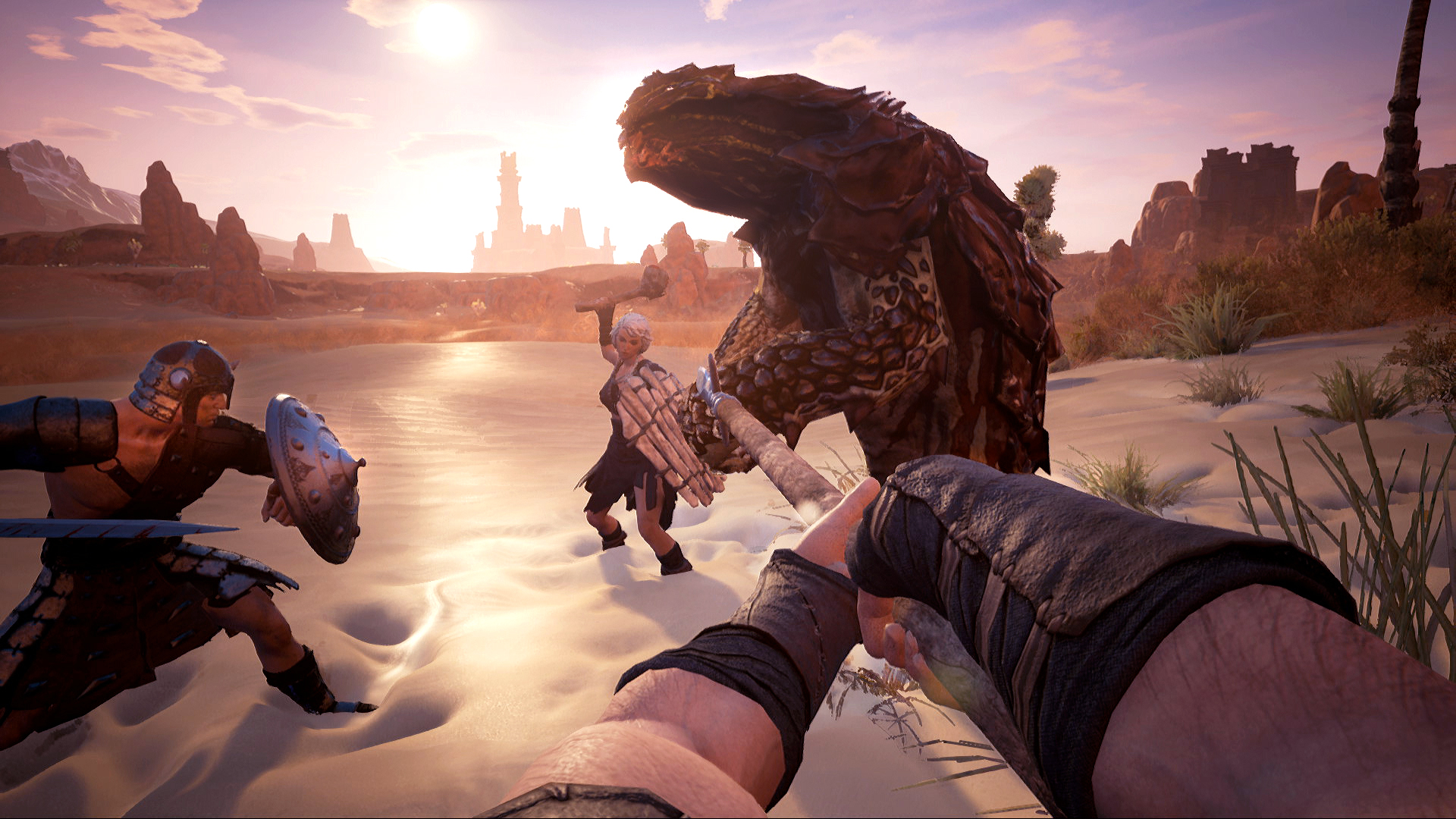Update – This article has been republished to coincide with the release of Subnautica, an intense survival game with full VR support.
(Original Published 05/31/17) – A few days ago I was playing H1Z1: Just Survive alone and it was horrifying. For those unaware, the game is a lot like other survival games available for PC on Steam, such as DayZ, Rust, Ark: Survival Evolved, Conan Exiles, and more. The premise is that it’s the middle of the zombie apocalypse and you must scrounge up supplies to get by, teaming up with and killing other players along the way. Just like in The Walking Dead TV show, you quickly learn that the other humans around you are far scarier than the zombies themselves. You really feel alone when you’re playing outside of a group without friends.
But even beyond just multiplayer focused games there are single player survival games to take note of as well, such as The Solus Project. Other than being a single player focused title the other thing that sets this game apart in a major way is the full, official, VR support for HTC Vive, Oculus Rift, OSVR, and tracked motion controllers. Even Ark at least has minor VR support (just the Oculus Rift officially) which is better than nothing. Fallout 4 VR is coming and with enough mods and it can become like a survival game, but that’s not what it was designed to be really at its core.
More survival games should take note of how proactive the team at Grip Games, the folks behind The Solus Project, have been not just because VR gamers want more robust experiences, but also because the genre makes a ton of sense for VR as a medium.
Sense of Presence
For most gamers that get into VR, the appeal of being immersed in another world is priority #1. When playing games like H1Z1, DayZ, Conan Exiles, and Ark players get wrapped up in the experience because they feel ownership of what you’ve made for yourself. From building bases and staking your claim on the land to crafting weapons and taming creatures to control, you’re not given anything easily.
Starting from scratch with nothing at all and having to scavenge for food and supplies makes every moment of survival feel earned. While Battle Royale games such as PlayerUnknown’s Battlegrounds, The Culling, H1Z1: King of the Kill, and others throw gobs of weapons and ammo at you from the very start in a bid for fast action, survival games are all about the slow burn.
I once spent hours with a friend slowly clearing out a neighborhood of abandoned houses in H1Z1: Just Survive only to eventually end up in a standoff with a group of two other people. Over the game’s proximity-based voice chat we were talking, trying to coax one another to step out into the open as a sign of goodwill. After a solid twenty minutes of negotiation we flanked them while they were distracted talking, murdered them in cold blood, and stole all of their belongings. We had become monsters and survival games have a way of really making you feel bad about it.
I don’t think I could do that again if you asked me to replay that encounter inside a VR headset.
Isolated Survival
Since you lose all of your items when you die in many of these games, death has a real consequence. Could you imagine the feeling of playing a survival game online with other people just trying to get by, while in VR? Raising your hands to surrender is suddenly much more immersive when it’s extended to your actual arms instead of a simple hotkey on the keyboard. It would be much more difficult to lie and trick people if they can visibly see your hands reaching for a gun.
That sense of isolation I felt while playing H1Z1: Just Survive alone would be even more poignant if in VR. Games like The Solus Project go to great lengths to make you feel like you’re both an integral part of the game world and like you’re all alone without anyone to relate to. Survival games are at their best when they can make you feel an intimate connection to your character and there’s no better way to connect a player to the game world than to ask them to literally step into their avatar’s shoes with a VR headset.
If I were playing one of these survival games in VR I’d be much more likely to approach every human interaction with caution. I’d also be more likely to try and work together, rather than against, my fellow players. Looking another human avatar in the eyes and betraying them is a lot harder when the head tracking makes it clear we are standing face-to-face in a digital world. The dynamics of what it means to fight for survival would be completely turned upside down.
What do you think? Would you like to see more survival games adopt VR support? Let us know what you think down in the comments below!





























